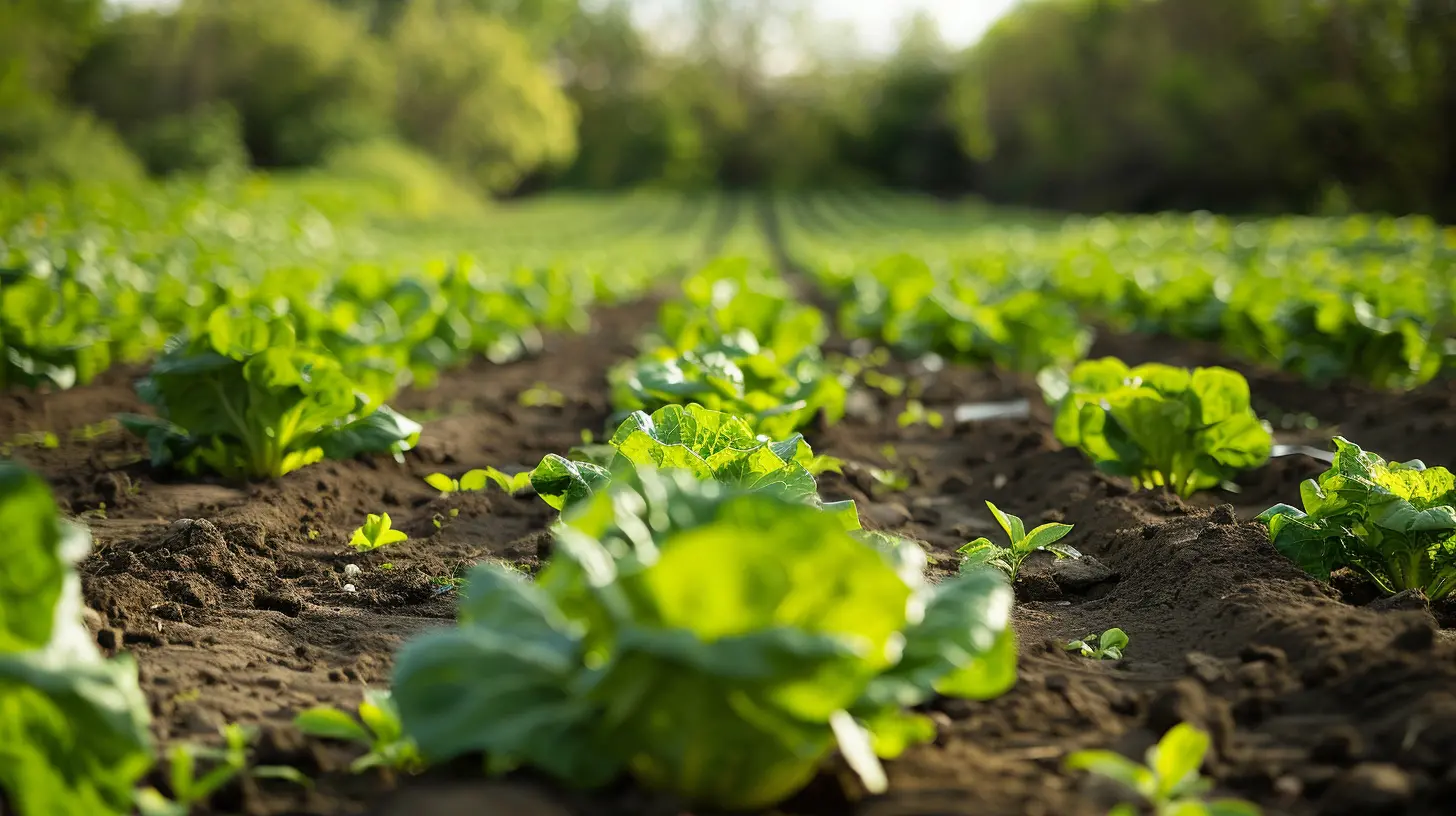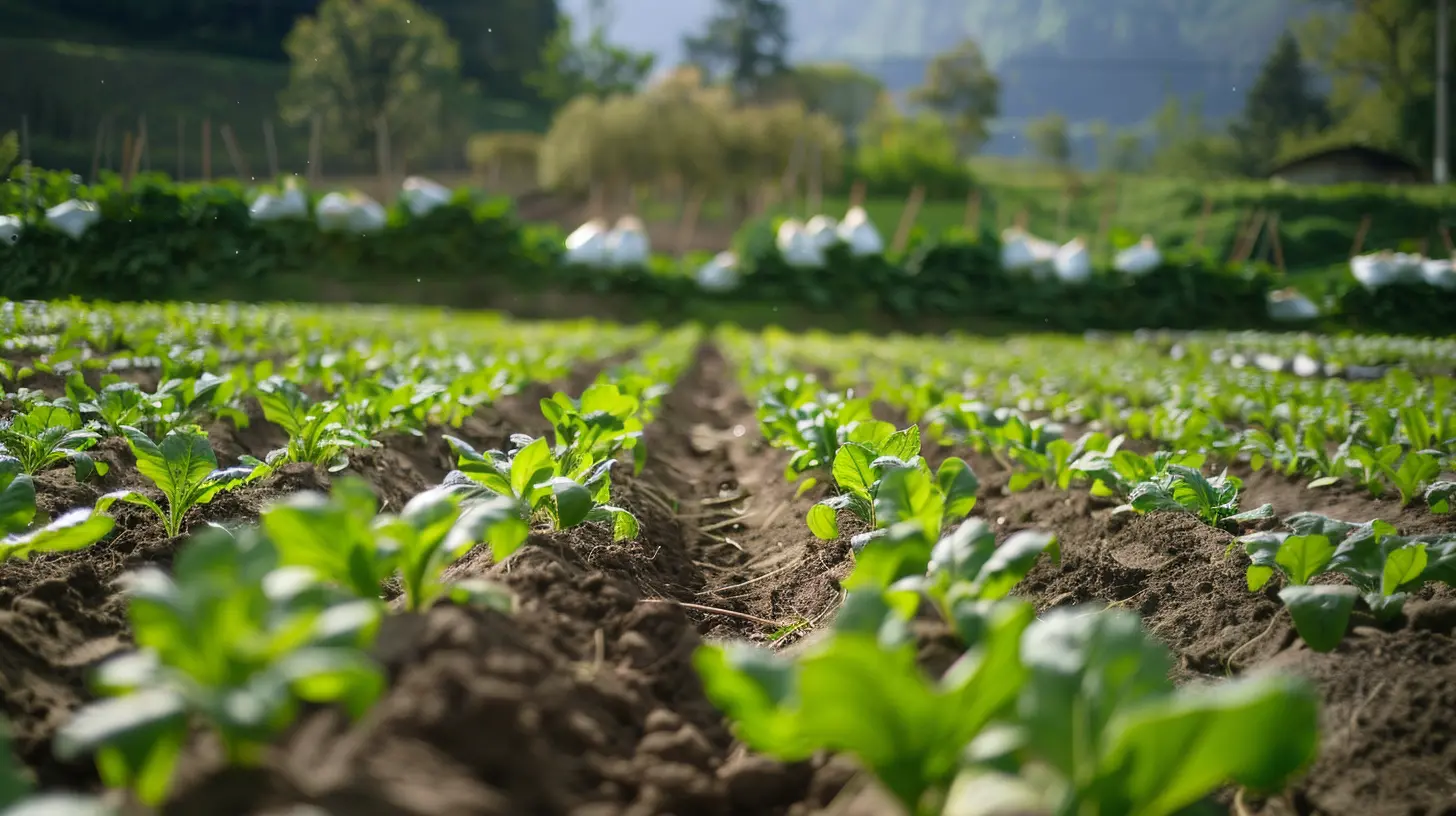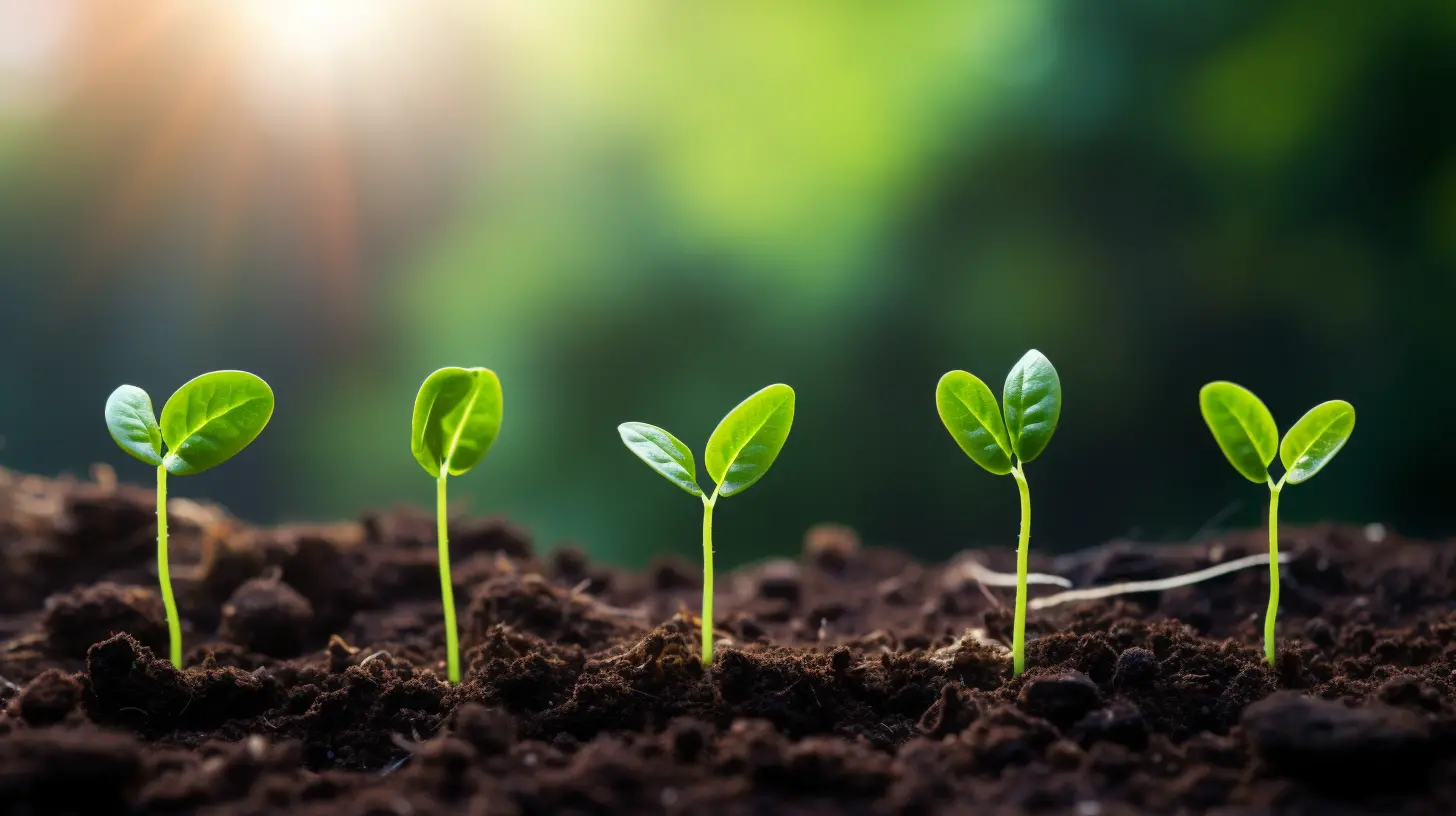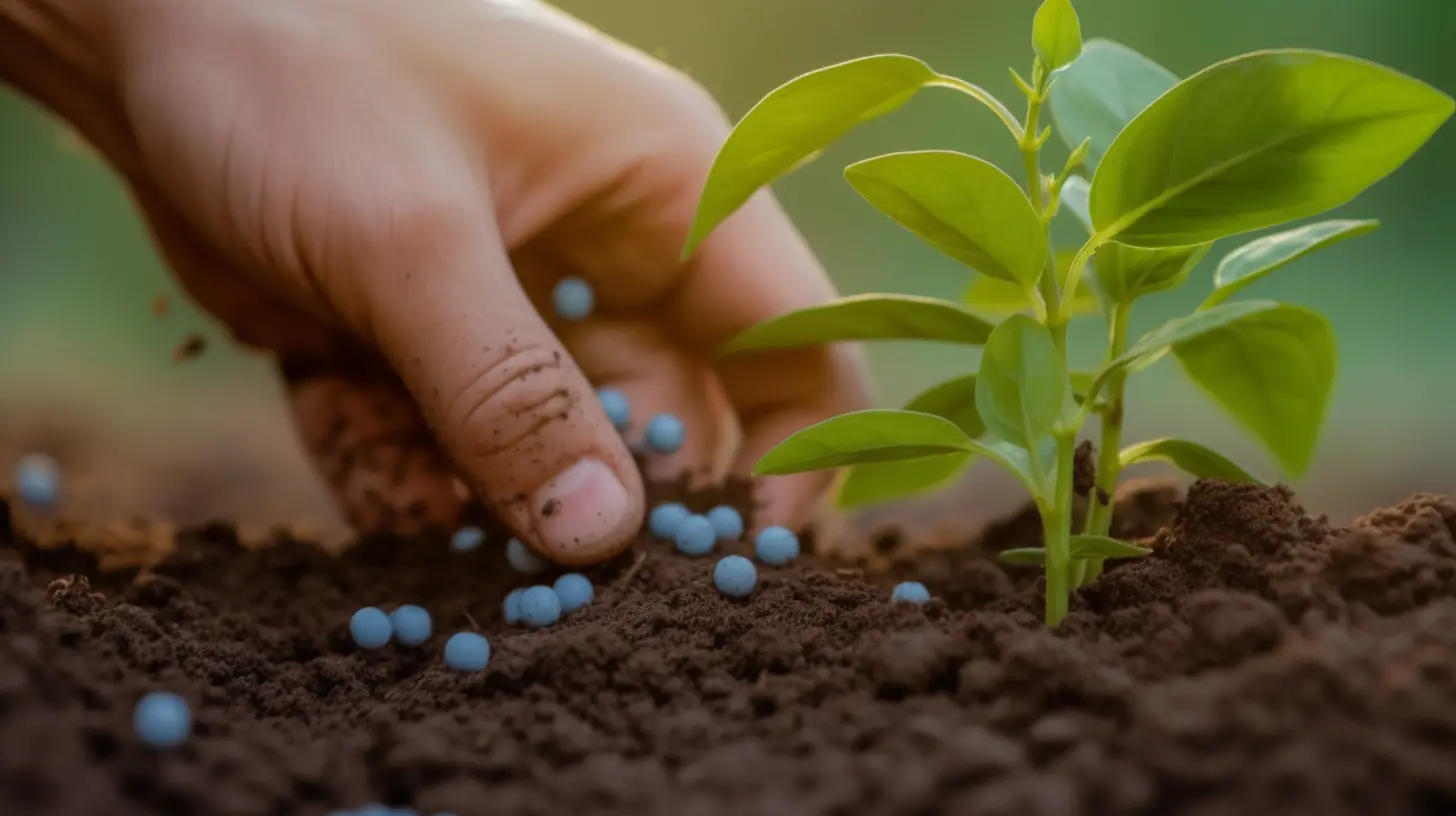Organic fertilizer refers to fertilizer formed by fermentation or decomposition of plants and animals and their waste. It can provide various nutrients needed by plants and improve soil structure. Chemical fertilizer is fertilizer that is produced through chemical synthesis or extraction and mainly provides single or multiple nutrients. It has the characteristics of fast fertilizer effect and easy use.
1. Source : Organic fertilizer comes from organic matter in nature, while chemical fertilizer comes from minerals or chemical synthesis.
2. Nutrient content : Organic fertilizer contains a variety of nutrients and trace elements, and can increase soil organic matter; while chemical fertilizers usually contain single or small amounts of elements and lack the effect of improving soil structure.
3. Application effect : Organic fertilizer releases its effect slowly, but can provide continuous nutrition to the soil; chemical fertilizer can quickly increase crop growth, but long-term application may lead to soil impoverishment.
Advantages of organic fertilizer : promote the activity of soil microorganisms, improve soil fertility, reduce environmental pollution, and reduce crop diseases.
Disadvantages of organic fertilizer : it takes a long time to be effective, requires large application amounts, and is relatively expensive.
Advantages of chemical fertilizers : fast fertilizer effect, easy control, usually cost-effective, and suitable for short-term rapid production increases.
Disadvantages of chemical fertilizers : Excessive use leads to soil pollution and damages soil structure; long-term application can lead to a decrease in soil sustainability.
Combining the characteristics of organic fertilizers and chemical fertilizers and adopting scientific fertilization methods is the key to achieving sustainable agriculture. The following strategies are recommended:
In summary, organic fertilizers and chemical fertilizers each have their own advantages and disadvantages. The rational use of both can improve agricultural production and soil health. For sustainable agricultural development, in the long run, paying more attention to the use of organic fertilizers will help maintain ecological balance and improve the quality and yield of crops.





